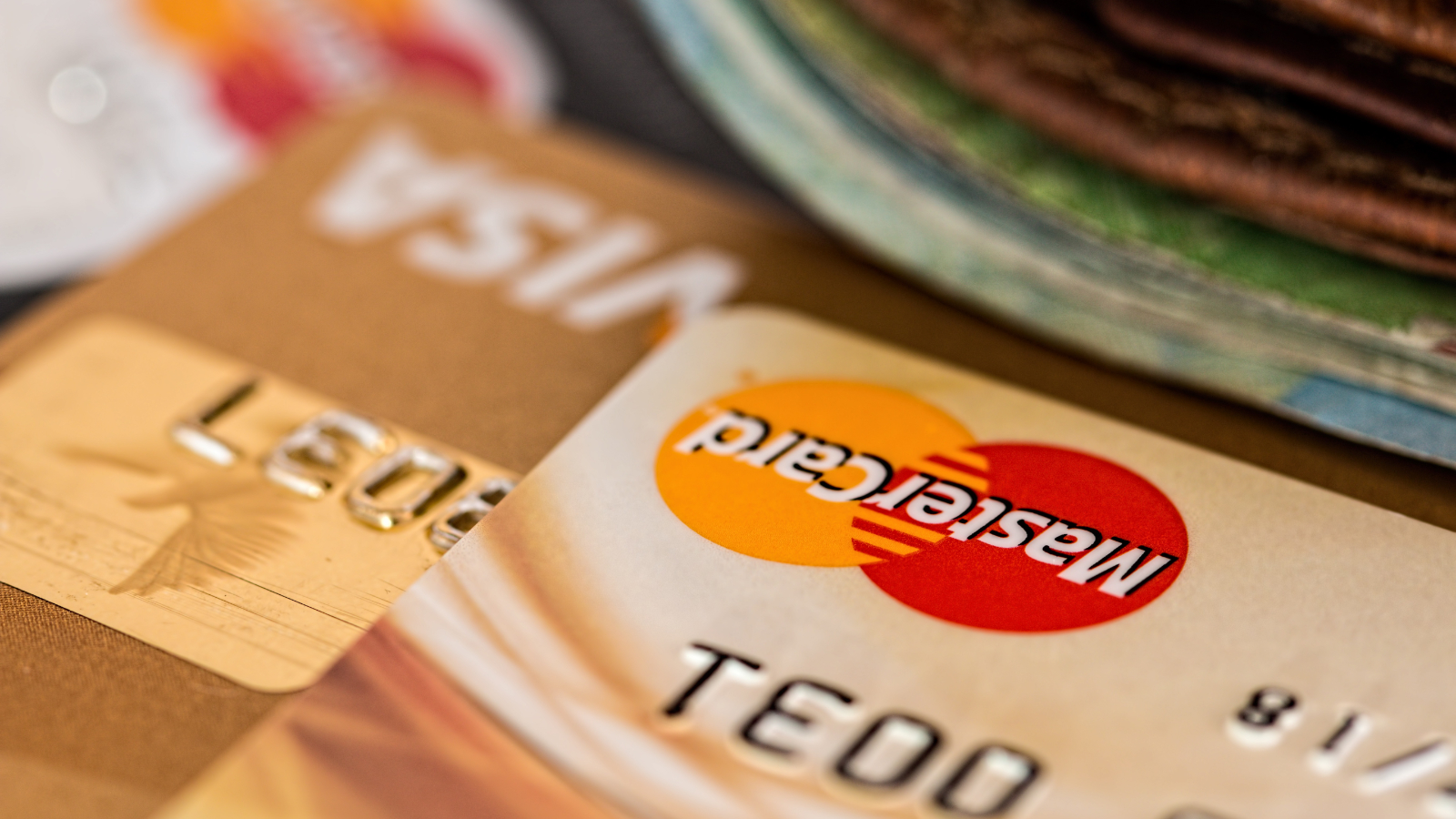Earlier this month, on the 13th January, the practice of applying credit card or debit card surcharges was banned on spending with all personal cards, including Mastercard, Visa and American Express.
It is estimated that the practice has cost consumers over £500 million a year and many businesses have profited unfairly from the practice, charging more than the cost of processing such transactions through their own banks. These kind of surcharges have been widely used by airlines, travel companies, takeaway food apps and public bodies such as local councils for council tax or business rate payments – and even Revenue and Customs.
Five years ago, following an investigation by watchdog the Office of Fair Trading, providers were only allowed to pass on ‘reasonable’ processing costs to customers. Now, this January, the curb goes further with surcharges banned on spending with all personal cards. It is interesting to note that corporate cards are exempted.
One likely repercussion of the surcharge ban is that more small retailers will either impose a minimum spend on cards or even refuse card payments.
According to recent research by the Association of Convenience Stores, 13 percent of retailers currently make a surcharge for card payments, 33 percent request a minimum spend while 8 percent refuse card payments. We expect that minimum spends and a refusal to accept credit card payments are likely to become commonplace.
HMRC has already set out its response, telling the self-employed that, from Saturday 13th January, it will no longer allow taxpayers to use a personal credit card to pay a tax bill (corporate cards will be accepted for those who have them). This is potentially unhelpful to those who use a credit card to spread the cost of their tax bills and for those who like to earn points or cashback using their cards.
If you would like any further information or to talk to us about your approach to this issue, please get in touch.

